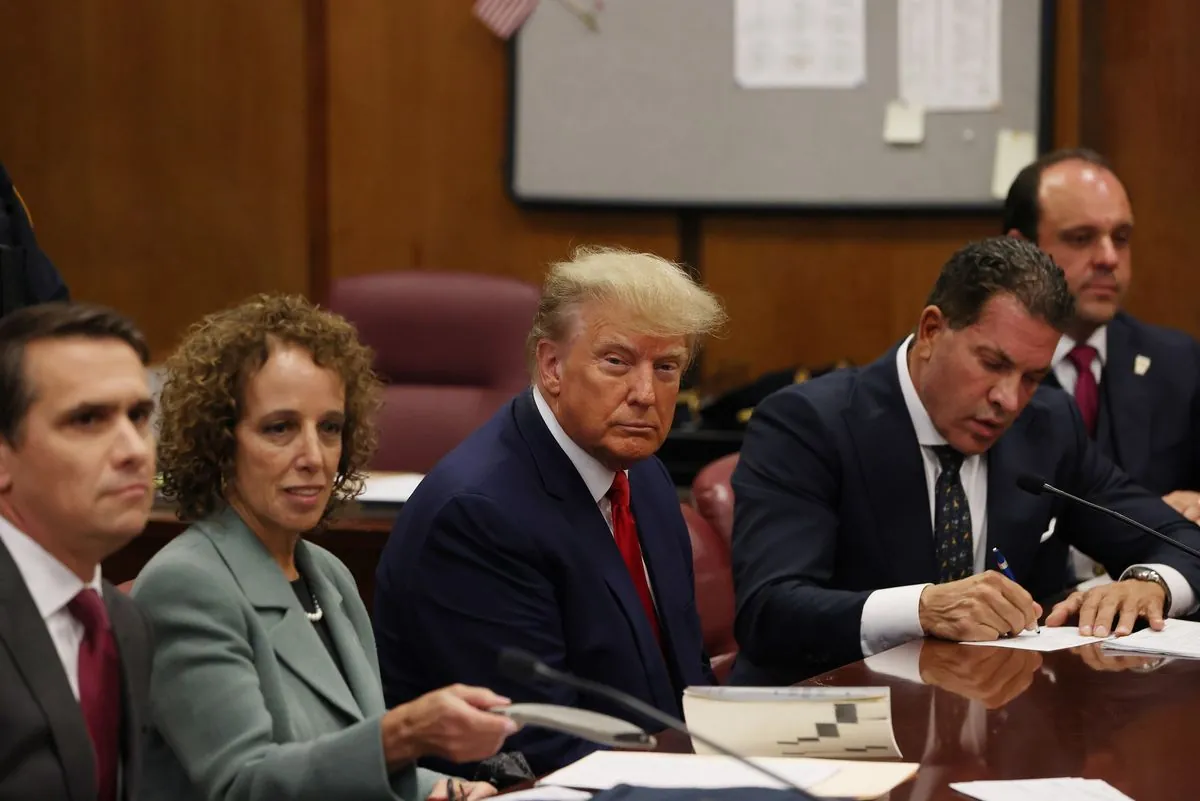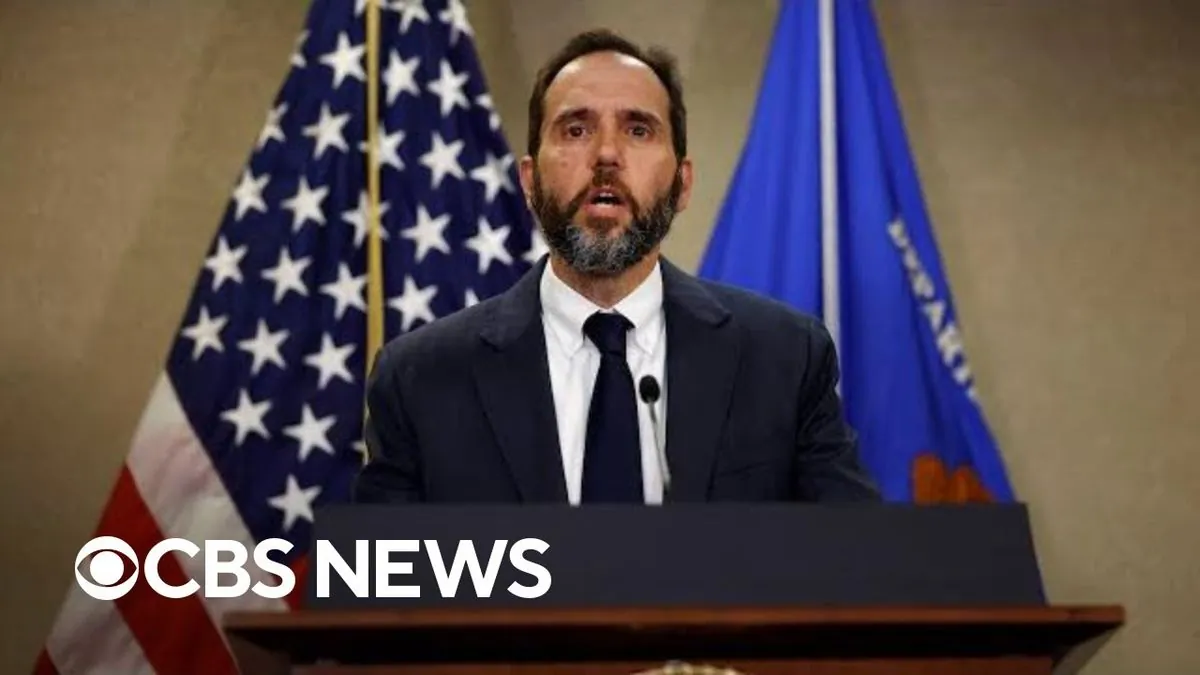Trump's Legal Battles: Multiple Cases Face Delays and New Developments
Former President Donald Trump's ongoing legal challenges see postponements and new filings across multiple jurisdictions. Cases in D.C., New York, Florida, and Georgia continue to evolve, with potential implications for the 2024 election.

The legal landscape surrounding former President Donald Trump continues to shift, with recent developments across multiple cases causing delays and raising new questions. As the 2024 election approaches, these proceedings have garnered significant attention due to their potential impact on the political arena.
In the District of Columbia, the election interference case has encountered a setback. Initially scheduled for an August 16 hearing, Special Counsel Jack Smith requested a three-week extension, citing the need to assess the Supreme Court's recent decision on presidential immunity. The court granted this unopposed motion, setting new deadlines for late August and early September. This delay reflects a more cautious approach following the Supreme Court's admonition against rushed proceedings in such high-profile cases.

The New York hush money case has also seen adjustments to its timeline. Justice Juan Merchan has postponed his decision on whether to overturn the verdict until September 16, just two days before the potential sentencing date. This case, which resulted in a guilty verdict on May 30, involves 34 charges related to a 2016 payment.
"The key ruling will now arrive on September 16. The sentencing hearing, if the verdict stands, is still scheduled for September 18."
In Florida, the classified documents case remains in limbo following its dismissal on July 15. Special Counsel Smith is expected to file an appeal by August 27, potentially setting the stage for a protracted legal battle that could reach the Supreme Court.
The Georgia election case is currently paused as the state Court of Appeals considers a motion to disqualify District Attorney Fani T. Willis. Oral arguments for this appeal are set for December 5, further extending the timeline for this complex legal proceeding.
These ongoing cases raise important questions about the intersection of law and politics in the United States. The concept of presidential immunity, which is not explicitly defined in the Constitution, has become a central issue in several of these proceedings. Additionally, the potential impact of the 2024 election on these cases has sparked debate about the timing and feasibility of trials.
It's worth noting that even if Trump were to win the 2024 election, trials could theoretically proceed between Election Day and Inauguration Day. However, the current delays make it increasingly unlikely that any of these cases will reach trial before a potential second Trump administration takes office.
As these legal battles continue to unfold, they highlight the complex interplay between the judicial system, executive power, and the electoral process in the United States. The outcomes of these cases could have far-reaching implications for the balance of power and the interpretation of presidential authority in the years to come.


































